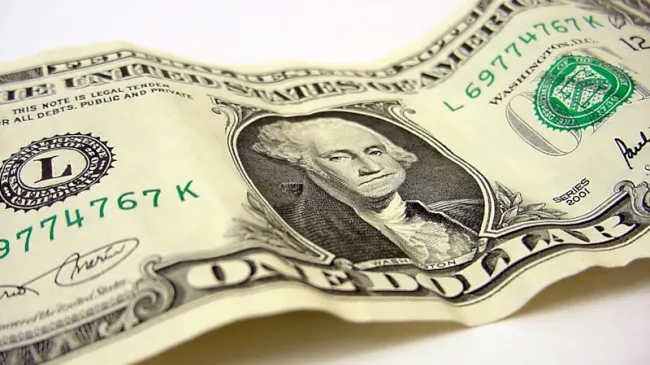Who Owes What To Whom?
Successful people who earn their wealth through free and peaceful exchange may choose to give some of it away, but they'd be no less moral and no less debt-free if they gave away nothing. It cheapens the powerful charitable impulse that all but a few people possess to suggest that charity is equivalent to debt service or that it should be motivated by any degree of guilt or self-flagellation.










